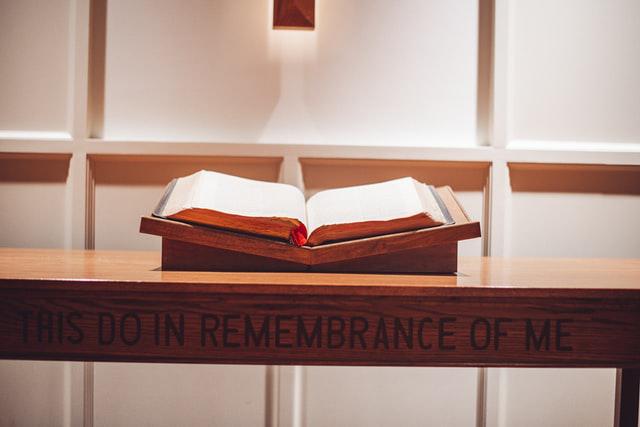More than 100 years ago, missionaries from different countries, regions, and missions, came to serve in China. On the one hand, they brought the gospel into the great land. On the other hand, because of their different denominations and theological backgrounds, they also had far-reaching impacts on the Chinese church which continue to this day.
"When these missionaries with different theological thoughts went to preach, they further spread their own theological thoughts to the vast number of believers. As a result, over time, it is remarkable that different churches and believers hold different theological thoughts," said Pastor L (pseudonym) who has been serving in East China for many years in an interview with the Christian Times, an online Chinese Christian newspaper.
L said, "When I was young, I tried various methods in pastoral care and church planting. At that time, the main focus was on 'pastoral methodology'. But the more I served, the more I realized that the key issue was not how to provide pastoral care, but that many domestic churches had not concentrated on the core part of orthodox theology, which was to inherit the confession of faith of orthodox Christianity. Otherwise, our beliefs will be very confusing.”
The pastor believed that the establishment of a holistic theological education system deserved the attention of all churches and believers. Without a unified arrangement in theological education, the church would face a serious loss of believers. Because of the lack of discernment, which always accompanied a deficiency in biblical knowledge and Christianity, many believers had "only passion, but no knowledge". In this case, they could be easily converted by heretical cults or religious extremist organizations. Therefore, this was a very worthy question for the current Chinese church to consider.
L further claimed that, especially in the current post-pandemic environment, many churches that had been open to the public once again went underground and into families to gather in small groups, which was imperative. "It is necessary to do so, or it will be impossible to survive." But L also expressed concern that there was also a problem with pastoring through families and small groups, that is, the centripetal force between believers and the church would be weakened, whereas, the tension would extend. Under such circumstances, cults would continue to promote heresies.
"So, while there is still some time and opportunity, we need to hurry up to establish a holistic theological education system. Each church focuses on unifying the basic theological thoughts of the leaders and staff of their own teams. Let’s speed up and unify everyone's theological thoughts. If we cannot be unified in theology, whilst the church stays divided for a long time, believers will fall away and be lost.”
"Because different churches have different theological beliefs, it is impossible to organize an alliance. Now that each church has a tendency to rule its own religious kingdom, which shows that we have actually eaten the bitter fruit," he added.
Talking about his over 30-year engagement in the ministries, from pastoral methods to theological education, step by step, L found that in the end, the church and pastors must lay a comprehensive foundation of orthodox theology which was the basis of the theological education system.
The connotation of the theological education system L referred to was the agreement of the essential doctrines of Christianity in church history. These were mature fundamentals of Christian theology that had been formed in church history of nearly 2,000 years, which was the core content of orthodoxy, as well as the theological foundation inherited by the Chinese church.
He explained:=, "Christianity emphasizes history that brings inheritance. We need to inherit the four creeds (the Apostles' Creed, the Nicene Creed, the Athanasian Creed, and the Chalcedon's Creed) and the Heidelberg Catechism, in addition to the Belgian Creed and the Dort Creed, etc. which are the most fundamental parts that everyone needs to agree on. Otherwise, after pastoral care goes underground, believers nurture themselves and develop their own church, all kinds of unorthodox teachings and beliefs will spread out when church gatherings are allowed again."
"Unifying believers with orthodox teachings is more important than anything else. First, the church needs to quickly unify the major principles of faith. Other matters, such as how to provide pastoral care, are secondary. With major principles, we can do whatever under the framework. Or else, it is very likely that there will be no hope for the Chinese church," said L at last.
- Translated by Shuya Wang











